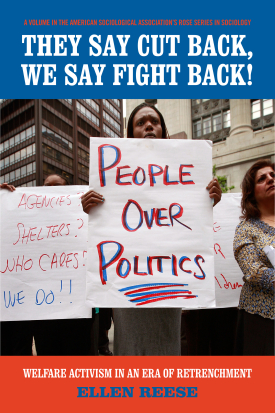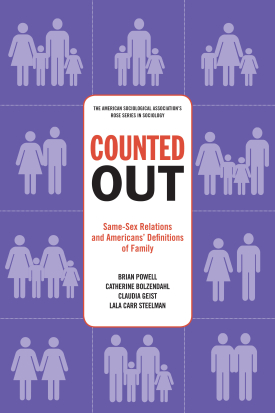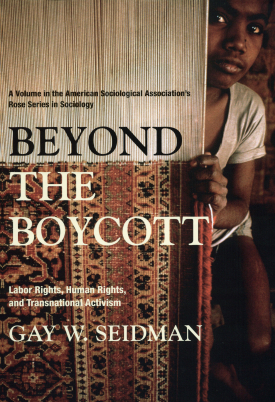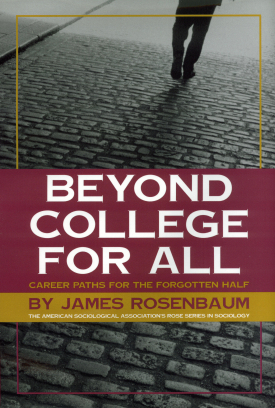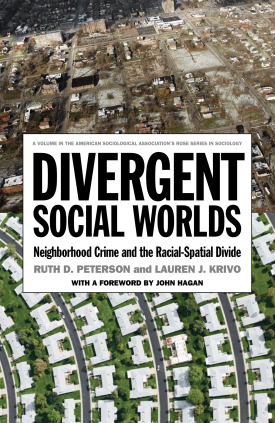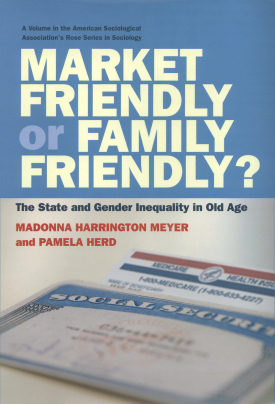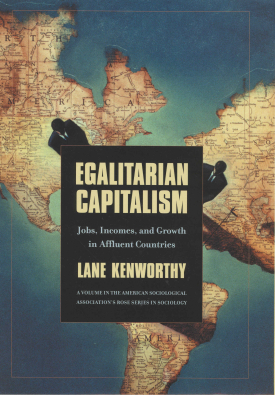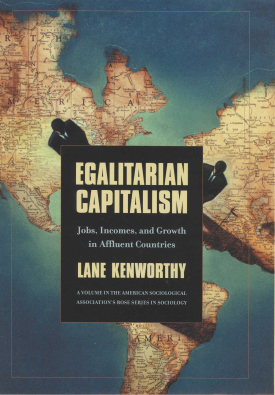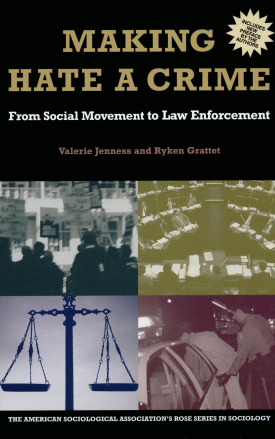
American Memories
About This Book
A Volume in the American Sociological Association’s Rose Series in Sociology
Winner of the 2012 Outstanding Book Award of the Theory Section of the Society for the Study of Social Problems (SSSP)
In the long history of warfare and cultural and ethnic violence, the twentieth century was exceptional for producing institutions charged with seeking accountability or redress for violent offenses and human rights abuses across the globe, often forcing nations to confront the consequences of past atrocities. The Holocaust ended with trials at Nuremberg, apartheid in South Africa concluded with the Truth and Reconciliation Commission, and the Gacaca courts continue to strive for closure in the wake of the Rwandan genocide. Despite this global trend toward accountability, American collective memory appears distinct in that it tends to glorify the nation’s past, celebrating triumphs while eliding darker episodes in its history. In American Memories, sociologists Joachim Savelsberg and Ryan King rigorously examine how the United States remembers its own and others’ atrocities and how institutional responses to such crimes, including trials and tribunals, may help shape memories and perhaps impede future violence.
American Memories uses historical and media accounts, court records, and survey research to examine a number of atrocities from the nation’s past, including the massacres of civilians by U.S. military in My Lai, Vietnam, and Haditha, Iraq. The book shows that when states initiate responses to such violence—via criminal trials, tribunals, or reconciliation hearings—they lay important groundwork for how such atrocities are viewed in the future. Trials can serve to delegitimize violence—even by a nation’s military— by creating a public record of grave offenses. But the law is filtered by and must also compete with other institutions, such as the media and historical texts, in shaping American memory. Savelsberg and King show, for example, how the My Lai slayings of women, children, and elderly men by U.S. soldiers have been largely eliminated from or misrepresented in American textbooks, and the army’s reputation survived the episode untarnished. The American media nevertheless evoked the killings at My Lai in response to the murder of twenty-four civilian Iraqis in Haditha, during the war in Iraq. Since only one conviction was obtained for the My Lai massacre, and convictions for the killings in Haditha seem increasingly unlikely, Savelsberg and King argue that Haditha in the near past is now bound inextricably to My Lai in the distant past. With virtually no criminal convictions, and none of higher ranks for either massacre, both events will continue to be misrepresented in American memory. In contrast, the book examines American representations of atrocities committed by foreign powers during the Balkan wars, which entailed the prosecution of ranking military and political leaders. The authors analyze news accounts of the war’s events and show how articles based on diplomatic sources initially cast Serbian President Slobodan Milosevic in a less negative light, but court-based accounts increasingly portrayed Milosevic as a criminal, solidifying his image for the public record.
American Memories provocatively suggests that a nation’s memories don’t just develop as a rejoinder to events—they are largely shaped by institutions. In the wake of atrocities, how a state responds has an enduring effect and provides a moral framework for whether and how we remember violent transgressions. Savelsberg and King deftly show that such responses can be instructive for how to deal with large-scale violence in the future, and hopefully how to deter it.
JOACHIM J. SAVELSBERG is professor of sociology at the University of Minnesota.
RYAN D. KING is associate professor of sociology at the University at Albany, State University of New York.

